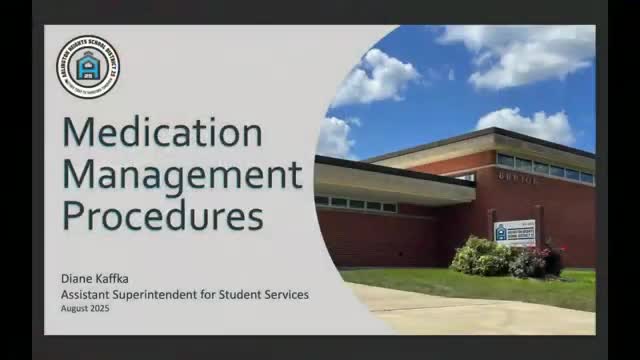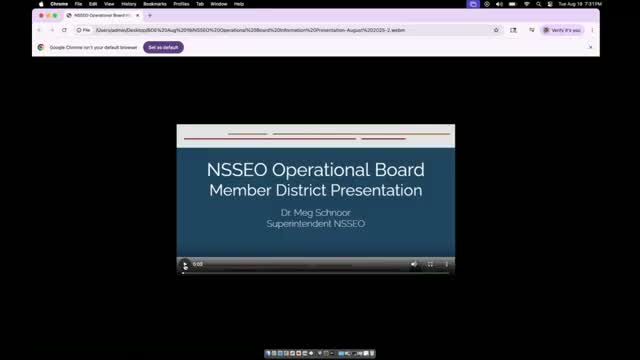Article not found
This article is no longer available. But don't worry—we've gathered other articles that discuss the same topic.

District posts 2025–26 instructional materials list; HMH Into Reading to expand to grades 1–5

Board approves staff handbooks and updates to teacher‑assistant hours and a new assistant business manager role

District adds visitor conduct language for e‑bikes and scooters; schedules safety night and standard response protocol rollout

District updates medication management: parental consent for OTC drugs, verification steps for prescriptions

Arlington Heights School District 25 presents $107M tentative budget; officials expect later reallocations

